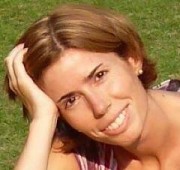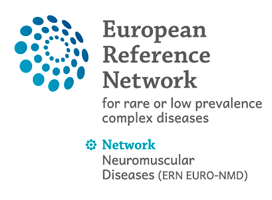30 Nov 2017
Rare Commons: an innovative social media platform 2.0 for collaborative clinical research on pediatric rare diseases

Authors:
Begonya Nafria (bnafria@sjdhospitalbarcelona.org), Nafría B (1), Vroom E (2), Athanasiou D (2)
(1) Institut de Recerca Sant Joan de Déu and Fundació Sant Joan de Déu,
(2) United Parent Projects Muscular Dystrophy
Email for correspondence: rarecommons@sjdhospitalbarcelona.org
The use of social media for patients education is already a common use in the medical field, although not so frequent in pediatric rare diseases. Rare Commons (RC) is a research project focused on the biomedical study of rare diseases affecting children, that uses a social media platform where patients and families collaborate together to generate scientific knowledge.
The methodology of collaboration is based on the Collective Intelligence Theory (Malone, 2014), on the Crowdsourced Health Research Studies (Swan, 2012) and on the expertise accumulated with 9 projects that are ongoing in RC. It is based in an easy cycle that is repeated for everybody system that is affected by a disease (genetics, neurology …). One cycle is: easy reading chapter about one system, exhaustive survey to collect clinical data and a summary of the statistical data collected.
The method and every project has the approval of the Ethics Committee and therefore all the families complete and sign the informed consent to participate in the project.
We are going to design a specific community to study the different neuromuscular disorders that form part of this category and at the same time included in the group of rare diseases. The goals of the project will be:
1. To increase the knowledge about the natural history, its clinical and biochemical characteristics, and genotype and phenotype correlations.
2. To develop algorithms of clinical suspicions and diagnosis that will facilitate early diagnosis.
3. To generate relevant information for participating families focused on the disease self-management, with professional support to complement, but not replace, medical advice.
4. To create exhaustive clinical patients’ registers with the aim to have epidemiological valid data.
CONCLUSION:
The best tool and methodology to develop international research projects on rare diseases are social media and the collaboration between different agents (patients, families and clinicians), it facilitates the collection of clinical smart data through large and international samples of patients.

